Cocktail Syrups: Crafting Flavorful Elixirs

Cocktail Syrups: Crafting Flavorful Elixirs
Introduction to Cocktail Syrups
The realm of cocktail syrups is a testament to the ingenuity and artistry of mixology. These syrups serve as the backbone for countless classic and contemporary cocktails, offering a means to infuse beverages with nuanced flavors and balanced sweetness. The history of cocktail syrups dates back to the earliest days of mixology, with bartenders experimenting with sugar and various infusions to enhance their creations. In this post, we will delve into the art of crafting these flavorful elixirs, exploring traditional recipes and techniques that have been cherished through the ages.
The Role of Syrups in Cocktails
Syrups play a pivotal role in the world of cocktails. They are not merely sweeteners but are essential for balancing acidity, enhancing flavors, and adding complexity to drinks. The simplicity of syrup—typically a combination of sugar and water—belies its transformative power. By infusing syrups with herbs, spices, fruits, or other ingredients, bartenders can create a palette of flavors that can elevate even the simplest of cocktails.
Historically, syrups were used extensively during the pre-Prohibition era, a time when bartenders like Jerry Thomas and Harry Johnson were renowned for their innovative use of flavored syrups. These pioneers understood the importance of syrup in crafting well-balanced drinks, and their legacy continues to influence modern mixology.
Crafting Simple Syrup
The foundation of all cocktail syrups is simple syrup. This basic yet essential ingredient can be found in nearly every cocktail bar and home bar setup. Its preparation is straightforward, yet there are nuances that can affect the final product.
Simple Syrup Recipe
Simple Syrup
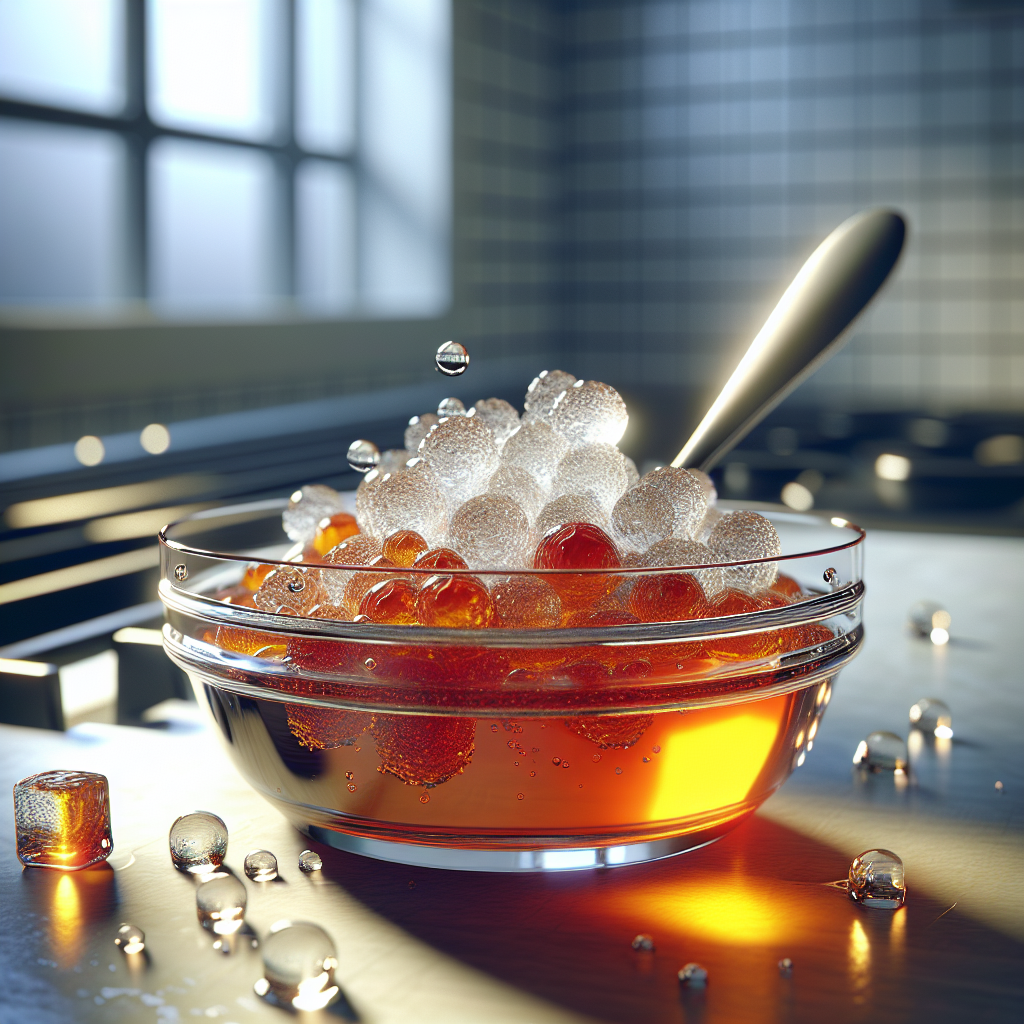
A basic syrup used as a sweetener in cocktails.
Ingredients:
- 1 cup granulated sugar
- 1 cup water
Instructions:
- Combine sugar and water in a saucepan.
- Heat the mixture over medium heat, stirring until the sugar completely dissolves.
- Once the sugar has dissolved, remove the syrup from heat and let it cool.
- Transfer the syrup to a clean bottle or jar and store it in the refrigerator. It will keep for up to a month.
The choice between using granulated sugar or other types of sugar, such as demerara or raw sugar, can impart different flavors to the syrup. Additionally, the ratio of sugar to water can be adjusted to create a richer or lighter syrup, depending on the desired sweetness and texture.
Infused Syrups: Adding Depth and Complexity
While simple syrup is a staple, the true artistry of cocktail syrups lies in their infusions. Infused syrups can transform a drink, adding layers of flavor that complement the other ingredients. The process of infusion allows for creativity and experimentation, enabling bartenders to craft syrups that are uniquely suited to their cocktails.
Herb-Infused Syrup
Herbs such as mint, basil, and rosemary can add a fresh and aromatic dimension to cocktails. The process of making herb-infused syrup is simple, yet it requires patience to allow the flavors to fully develop.
Mint Syrup Recipe
Mint Syrup
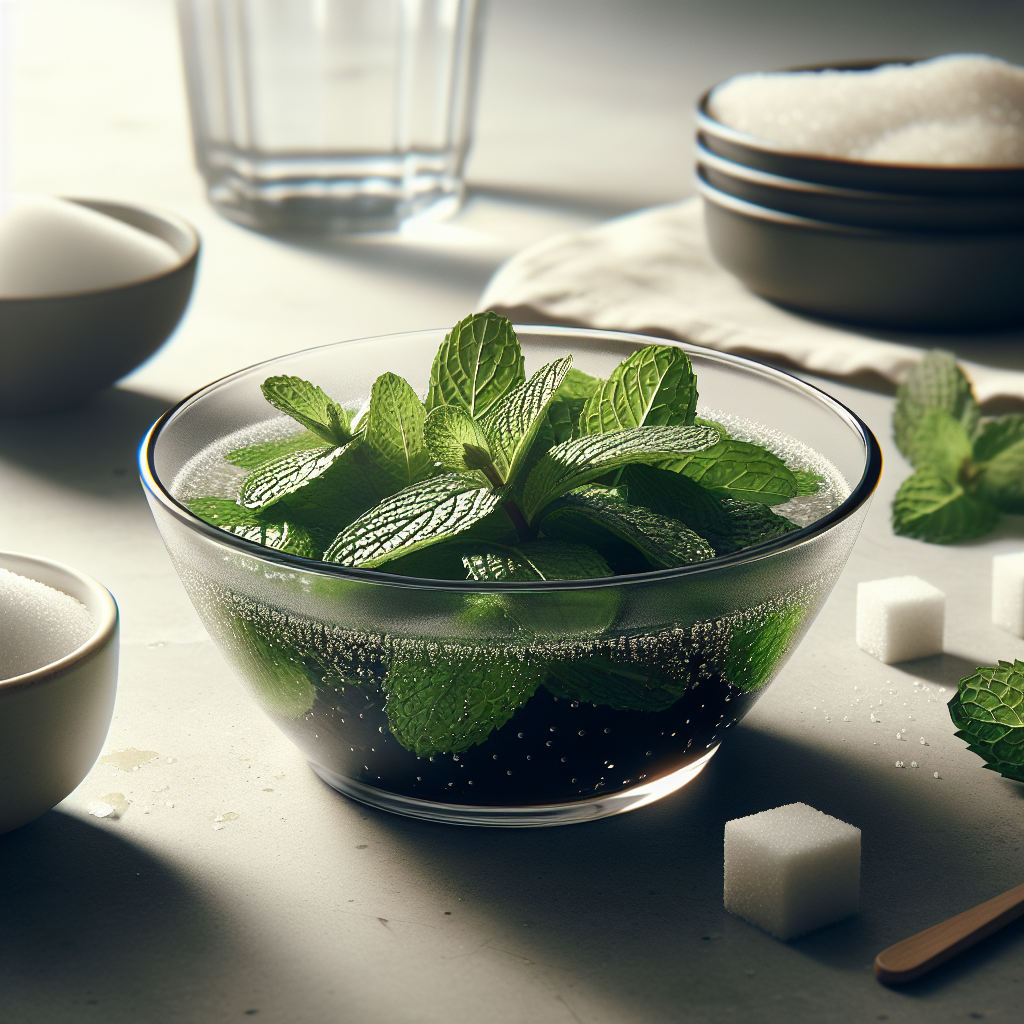
A refreshing syrup infused with fresh mint, perfect for mojitos and other cocktails.
Ingredients:
- 1 cup granulated sugar
- 1 cup water
- 1 cup fresh mint leaves
Instructions:
- Prepare simple syrup as described above.
- Once the syrup has cooled, add the fresh mint leaves to the syrup.
- Let the mint steep in the syrup for at least 2 hours, or up to overnight, in the refrigerator.
- Strain out the mint leaves and transfer the syrup to a clean bottle or jar. Store in the refrigerator.
The use of mint syrup in cocktails like the Mojito can be traced back to the 19th century in Cuba, where the drink became a symbol of the island's vibrant culture and spirit.
Fruit-Infused Syrup
Fruit syrups are another popular choice for adding a burst of flavor to cocktails. They can range from the tartness of citrus to the sweetness of berries, offering a wide range of possibilities for mixologists.
Raspberry Syrup Recipe
Raspberry Syrup
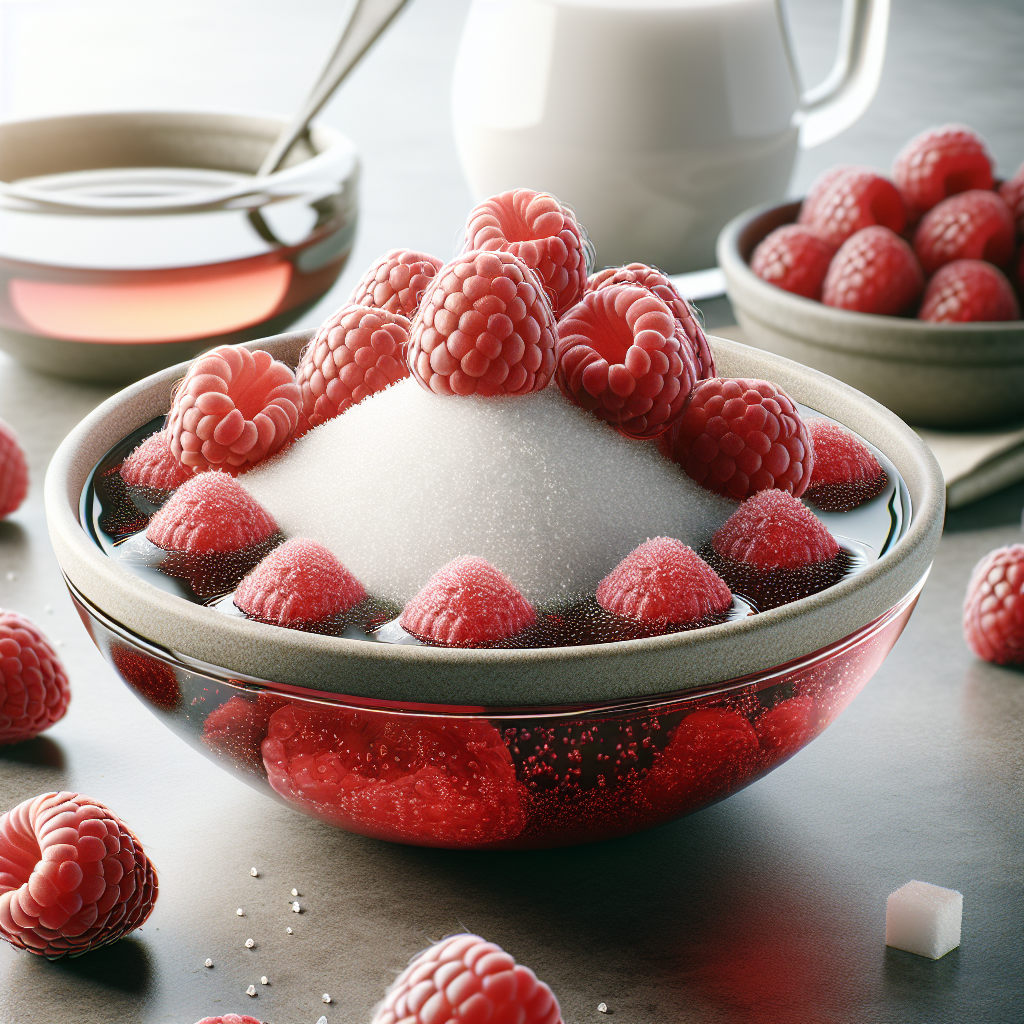
A sweet and tangy syrup made from fresh raspberries, ideal for adding a fruity twist to cocktails.
Ingredients:
- 1 cup granulated sugar
- 1 cup water
- 1 cup fresh raspberries
Instructions:
- Prepare simple syrup as described above.
- Once the syrup has cooled, add the fresh raspberries to the syrup.
- Let the raspberries steep in the syrup for at least 2 hours, or up to overnight, in the refrigerator.
- Strain out the raspberries, pressing them to extract as much juice as possible, and transfer the syrup to a clean bottle or jar. Store in the refrigerator.
Fruit syrups have been used in cocktails since the early days of mixology, with bartenders like Harry Craddock incorporating them into drinks like the Clover Club, a classic cocktail that originated in Philadelphia in the early 20th century.
Spiced Syrups
Spices can add warmth and depth to cocktails, making them particularly appealing in colder months. Spiced syrups can be crafted using a variety of spices, from cinnamon and ginger to more exotic options like cardamom and star anise.
Cinnamon Syrup Recipe
Cinnamon Syrup
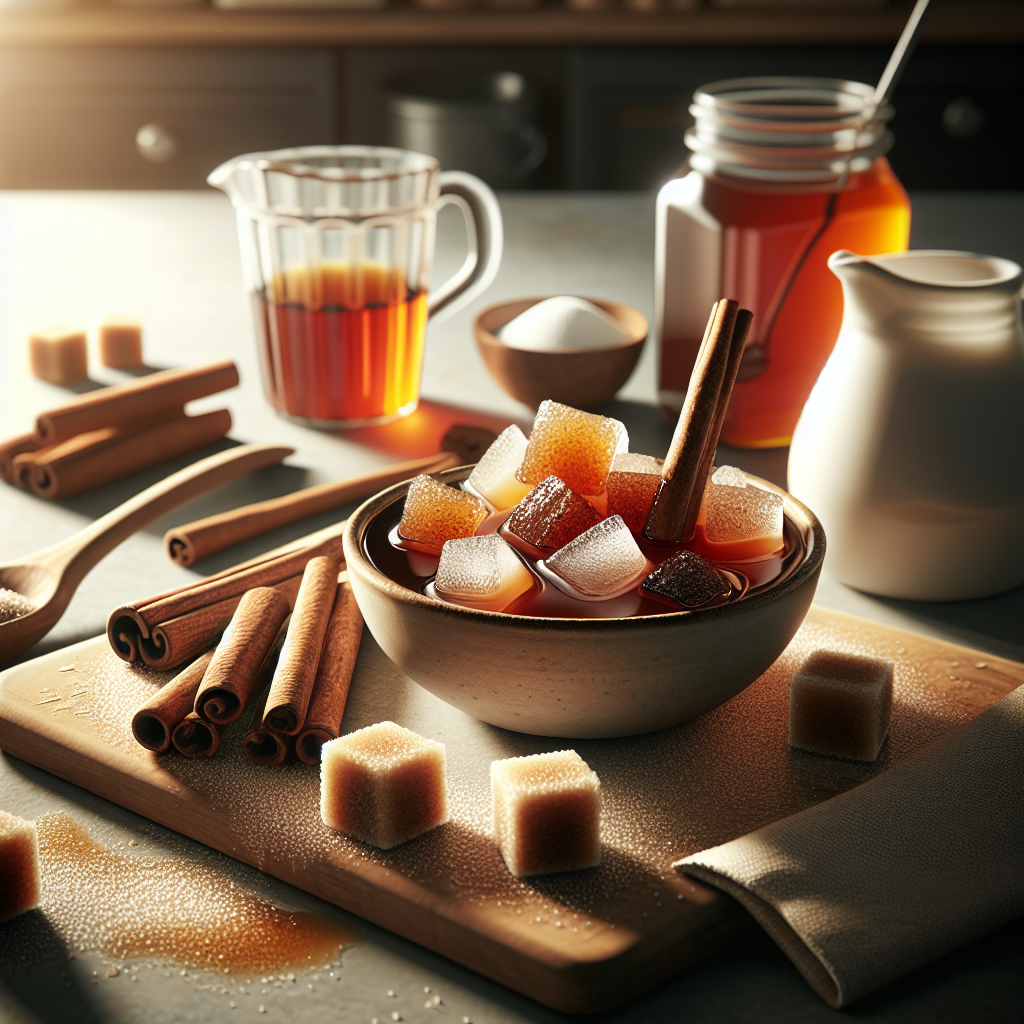
A warm and aromatic syrup infused with cinnamon, perfect for adding a spicy kick to cocktails.
Ingredients:
- 1 cup granulated sugar
- 1 cup water
- 4 cinnamon sticks
Instructions:
- Combine sugar and water in a saucepan and add the cinnamon sticks.
- Heat the mixture over medium heat, stirring until the sugar completely dissolves.
- Once the sugar has dissolved, reduce the heat to low and let the syrup simmer for 10-15 minutes to allow the cinnamon to infuse.
- Remove the syrup from heat and let it cool.
- Strain out the cinnamon sticks and transfer the syrup to a clean bottle or jar. Store in the refrigerator.
Cinnamon syrup can be used in a variety of cocktails, including the classic Hot Toddy, which has been enjoyed for centuries as a remedy for colds and a comforting drink during the winter months.
Historical Context and Anecdotes
The use of syrups in cocktails is deeply rooted in the history of mixology. During the 19th century, as cocktails began to gain popularity, bartenders sought ways to enhance their drinks beyond the basic combination of spirits, sugar, and bitters. Syrups emerged as a versatile tool for adding flavor and sweetness, and their use became a hallmark of the era's most celebrated bartenders.
One notable figure in the history of cocktail syrups is Jerry Thomas, often referred to as the "Father of American Mixology." In his seminal work, "The Bar-Tender's Guide" published in 1862, Thomas included recipes for various syrups, such as gum syrup and raspberry syrup, which he used to craft his famous cocktails. His innovative use of syrups helped to elevate the art of mixology and set a standard for future generations of bartenders.
Another interesting anecdote comes from the Prohibition era, when the production and sale of alcohol were banned in the United States. During this time, bartenders had to become even more creative in their use of syrups and other ingredients to mask the often inferior quality of the spirits available. Syrups became essential for enhancing the flavor of cocktails and making them palatable, further cementing their importance in the world of mixology.
Preserving Traditional Techniques
While modern mixology has introduced new techniques and ingredients, the importance of preserving traditional methods cannot be overstated. The art of crafting syrups is a testament to the timeless nature of these techniques, which have been passed down through generations of bartenders.
One such traditional technique is the use of gum arabic in syrups. Gum syrup, which includes gum arabic, was a staple in 19th-century bartending. Gum arabic acts as an emulsifier, helping to blend the ingredients in a cocktail more smoothly. While less common today, gum syrup remains a cherished part of traditional mixology.
Gum Syrup Recipe
Gum Syrup
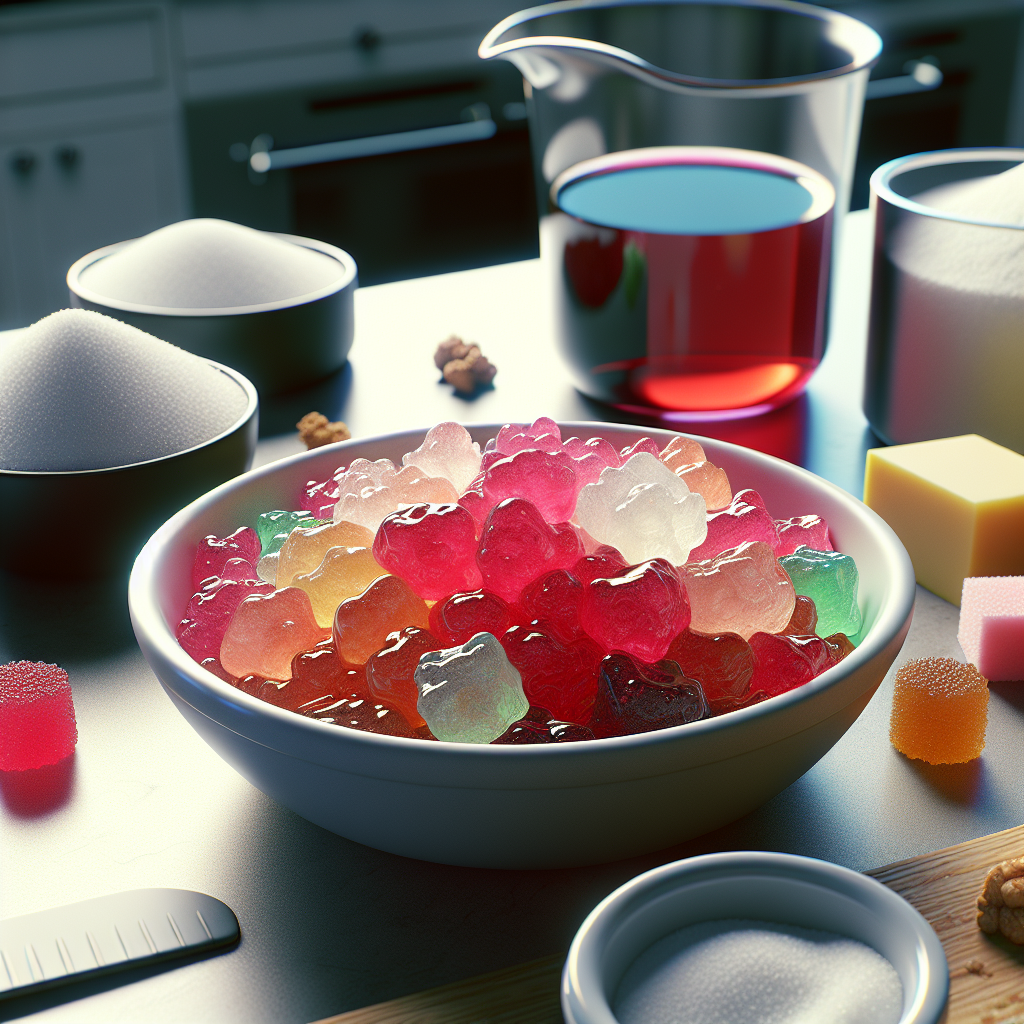
A traditional syrup made with gum arabic, used to enhance the texture of cocktails.
Ingredients:
- 2 cups granulated sugar
- 1 cup water
- 1 ounce gum arabic
Instructions:
- Combine sugar and water in a saucepan and heat over medium heat, stirring until the sugar completely dissolves.
- Once the sugar has dissolved, remove the syrup from heat and let it cool slightly.
- Add the gum arabic to the warm syrup and stir until it is fully dissolved.
- Let the syrup cool completely, then transfer it to a clean bottle or jar. Store in the refrigerator.
The use of gum syrup can be traced back to the early days of American mixology, with bartenders like Jerry Thomas incorporating it into their recipes to achieve a smoother texture in their cocktails.
Conclusion
Cocktail syrups are a cornerstone of mixology, offering a means to enhance and transform drinks with a variety of flavors. From the simple sweetness of basic syrup to the complex infusions of herbs, fruits, and spices, syrups provide endless possibilities for creativity and innovation. By understanding and preserving traditional techniques, while also embracing modern advancements, bartenders can continue to craft flavorful elixirs that stand the test of time.
As we continue to explore the rich history and artistry of cocktail syrups, we honor the legacy of those who came before us, from Jerry Thomas to the countless bartenders who have contributed to the evolution of mixology. Whether you are a seasoned professional or a home enthusiast, the art of crafting syrups is a rewarding journey that offers a deeper appreciation for the cocktails we enjoy.